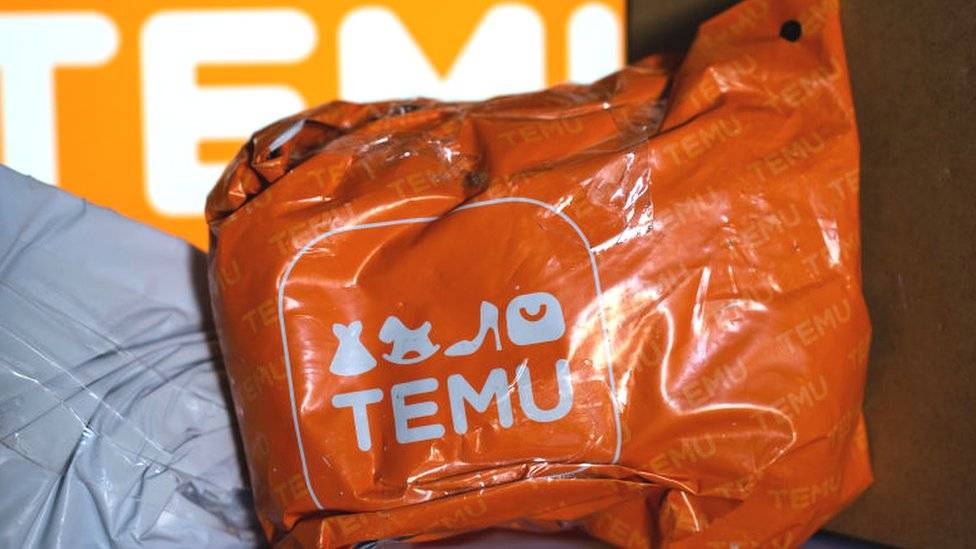Why Temu is so cheap?

Temu is an e-commerce platform similar to Amazon, where users can purchase various goods and have them shipped directly to their homes.
Since its launch in September 2022, Temu has rapidly become globally popular application, boasting over 250 million users, including 73 million in the United States, with a monthly transaction volume exceeding $1 billion. The rapid growth of Temu prompts the question: How does it compete with established e-commerce platforms like Amazon and eBay? The answer lies in its core advantage—unbeatable prices.
By comparing the prices of the same generic Bluetooth speaker on Amazon and Temu, a significant difference can be observed. On Amazon, the average selling price of this speaker is approximately $27, excluding shipping costs. However, on Temu, the same product has an average selling price of only $7, and it includes free shipping. It's this low pricing that attracts millions of consumers to Temu every day. However, this raises another question: How can Temu sustainably offer such competitively low prices?Let’s dig deeper.

How is Temu so cheap?
Temu, headquartered in Boston, USA, primarily targets markets in the United States, United Kingdom, Australia, and Canada. Over the past two years, the company has invested over $3 billion in marketing and advertising to drive rapid growth of its platform. These investments include five Super Bowl ads totaling $35 million. These bold marketing strategies greatly propelled Temu's rapid development. By 2023, it had become the world's second-largest e-commerce website in terms of traffic, with over 467 million unique visitors. While Temu's advertising investment played a role in its success, it is not the primary reason customers continue to shop on the platform.
Unbeatable low prices:
Temu relies on strong partnerships with Chinese manufacturers, akin to Pinduoduo, to procure products at extremely low costs, enabling it to undercut traditional Western e-commerce giants like Amazon and Walmart. While these competitors also import some goods from China, Temu successfully sells the same products at significantly lower prices by cutting out intermediaries relied upon by Amazon and Walmart.
Eliminating intermediaries:
To illustrate the importance of removing intermediaries, let's consider the complete sales cycle of a watch on Amazon, from factory to end consumer. Initially, a Chinese factory produces watches and promotes them on platforms like AliExpress to attract potential buyers. A third-party Amazon seller discovers these watches and decides to introduce them to the US market, ordering 2000 units and selling them on Amazon. Once the watches arrive in the US, they are stored in Amazon's warehouses until a customer places an order. After the customer purchases the watch on Amazon, it is delivered by Amazon's logistics team. Throughout this process, Alibaba, third-party sellers, and Amazon all act as intermediaries, each adding their service fees, ultimately leading to an increase in the watch's end consumer price.
Temu recognized the inefficiency of these intermediaries and adopted a direct-to-consumer sales model. By selling goods directly from Chinese factories to global consumers, Temu significantly reduces the costs added by intermediaries, thereby offering lower prices than its competitors.

Fast Delivery:
Temu not only offers low prices but also ensures fast delivery services. Unlike AliExpress and Shein, which rely on shipping goods from China via cargo ships, Temu opts for air freight to expedite the delivery of products. This strategic choice enables Temu to complete deliveries in approximately one week, significantly shorter than the usual 1 to 2 months required by other e-commerce websites shipping from China. Additionally, Temu currently offers free shipping for all orders and partners with Indonesian logistics company J&T Express to handle its cross-continental deliveries. Insider sources reveal that the cost per order for Temu is approximately $10, excluding additional expenses incurred in marketing and free shipping. With an average order value of $25, it's evident that Temu is operating at a loss, aiming to capture market share and establish its position in the e-commerce industry.
The Future of Temu
Although Temu's discounts are enticing for consumers, they come at a significant cost to the company. To sustain operations, Temu incurs annual losses ranging from $500 million to $1 billion. Its current strategy involves heavy short-term investments to attract a large base of loyal customers, hoping they will continue to support the platform in the long run. However, in the long term, its business model is unsustainable. The company will eventually need to make strategic adjustments, such as discontinuing free shipping for orders below a certain amount and reducing marketing expenses. Fortunately, Temu's parent company, Pinduoduo, operates a highly profitable business in China, supporting Temu's aggressive expansion strategy. Pinduoduo is prepared to invest billions of dollars to drive Temu's growth and expand its e-commerce dominance in Western markets. As Temu enters a growth phase, similar to its Chinese counterpart TikTok, which has also invested billions of dollars in advertising to dominate Western markets, we can only wait and see how this ambitious e-commerce company develops.

